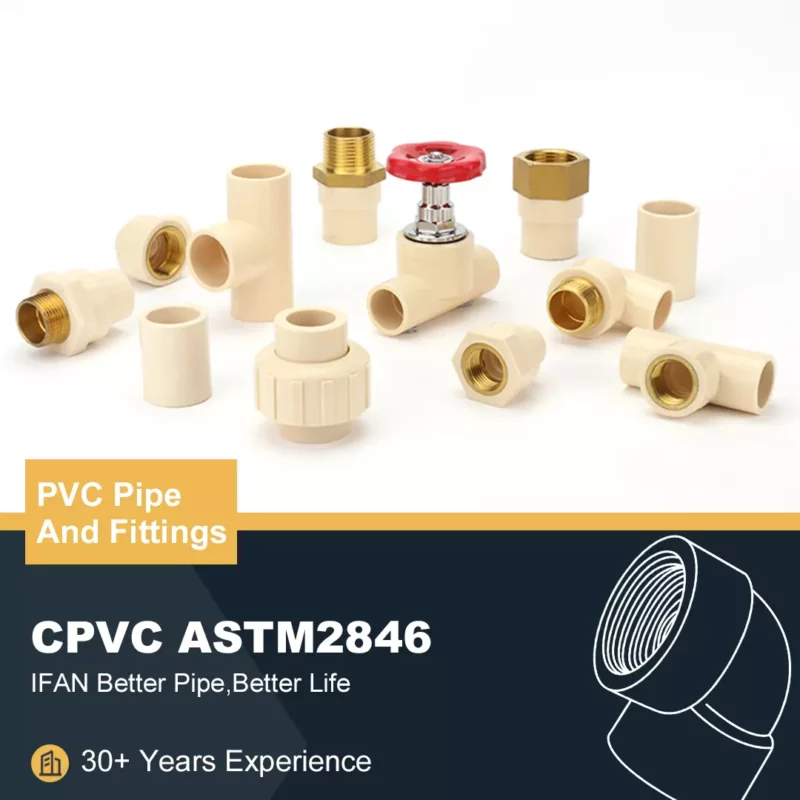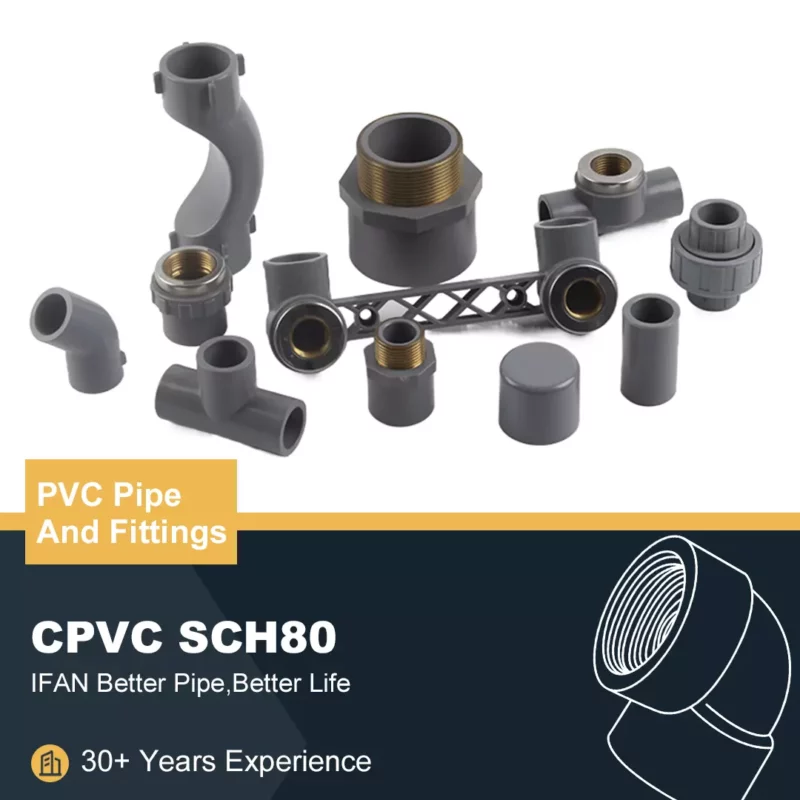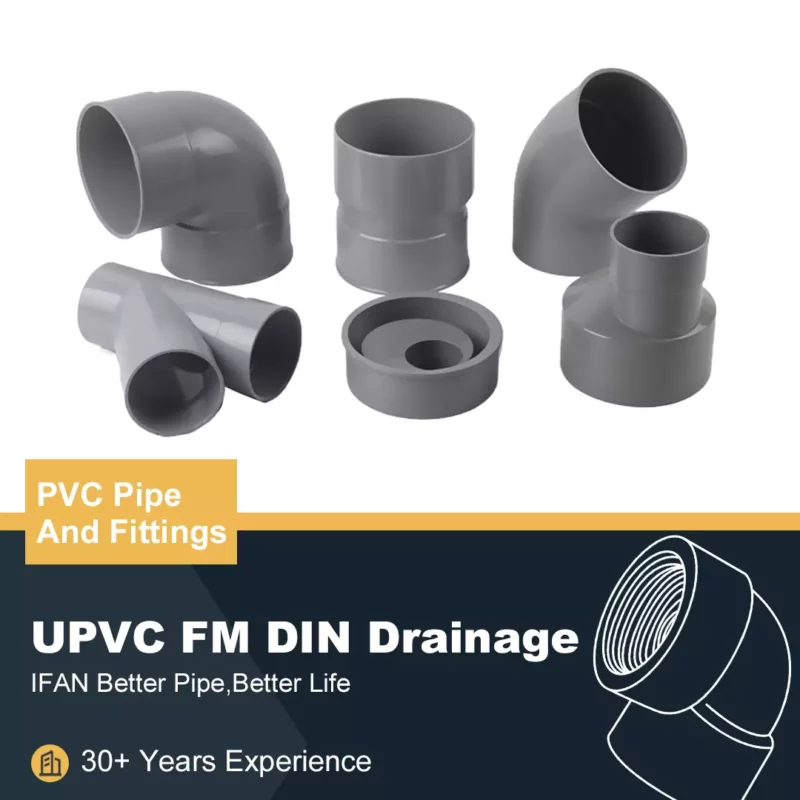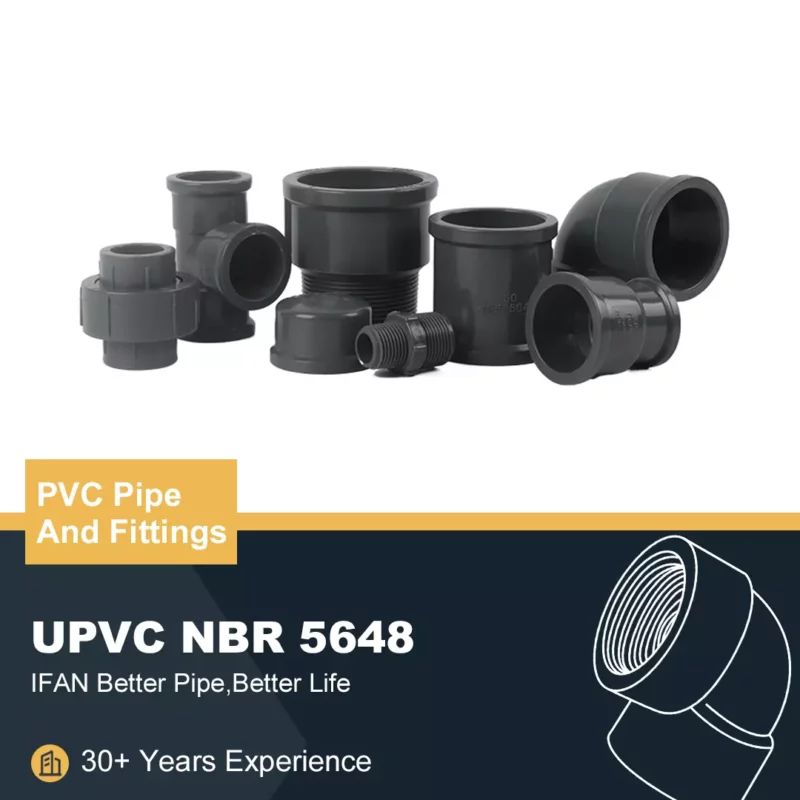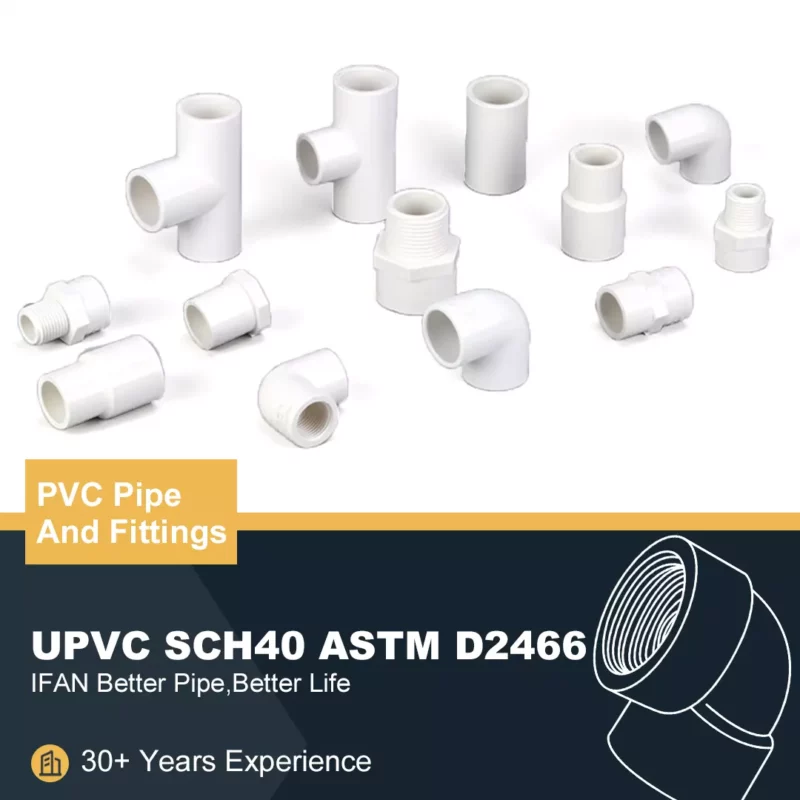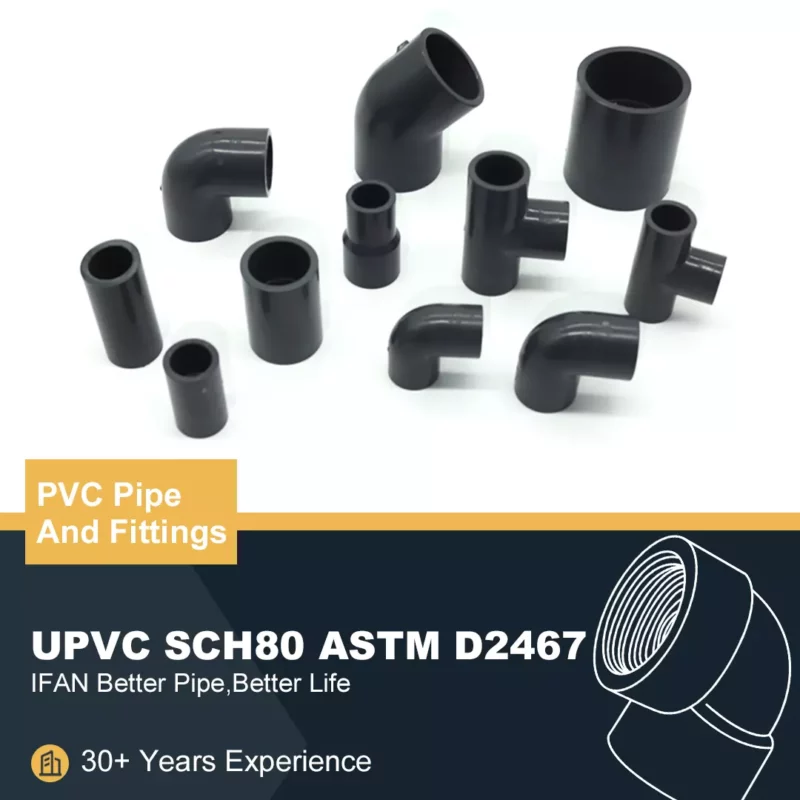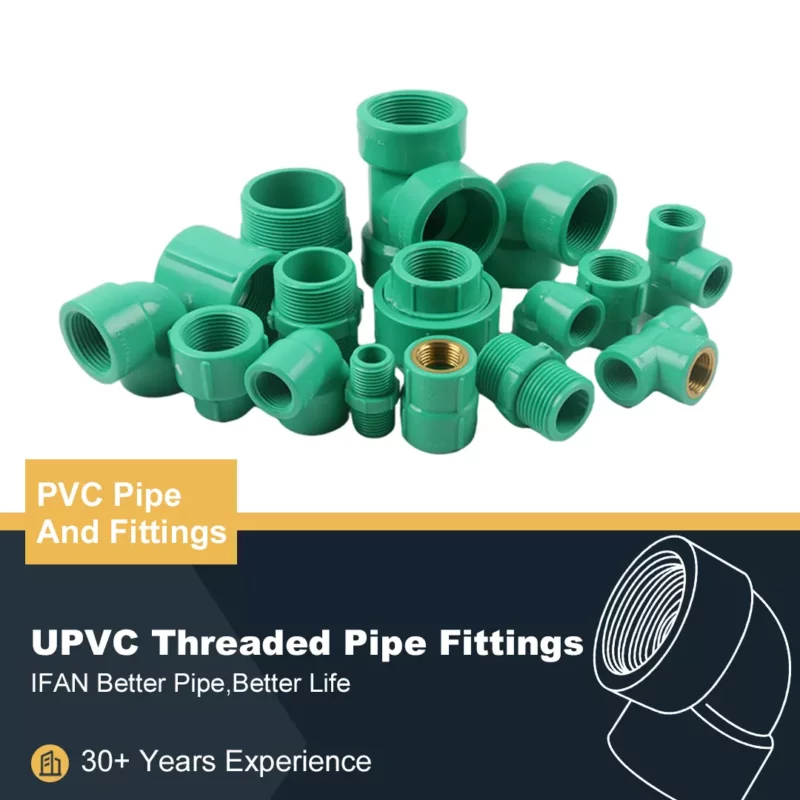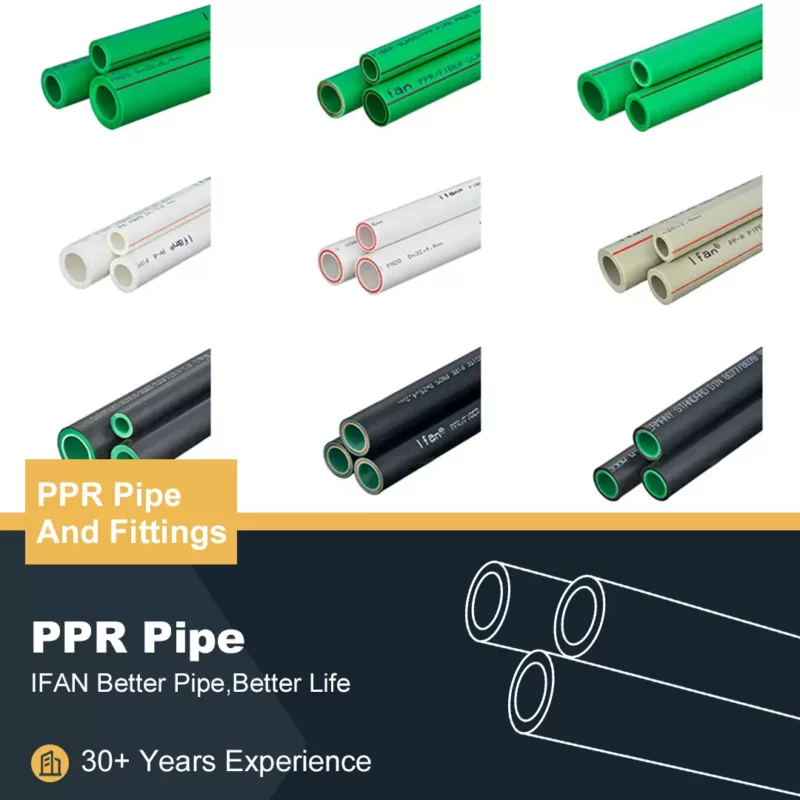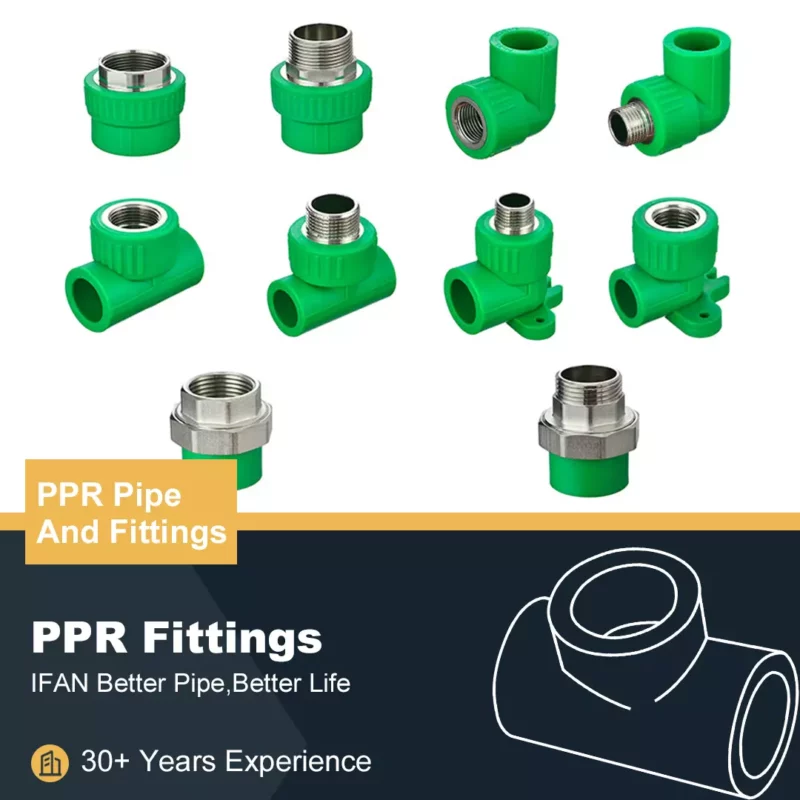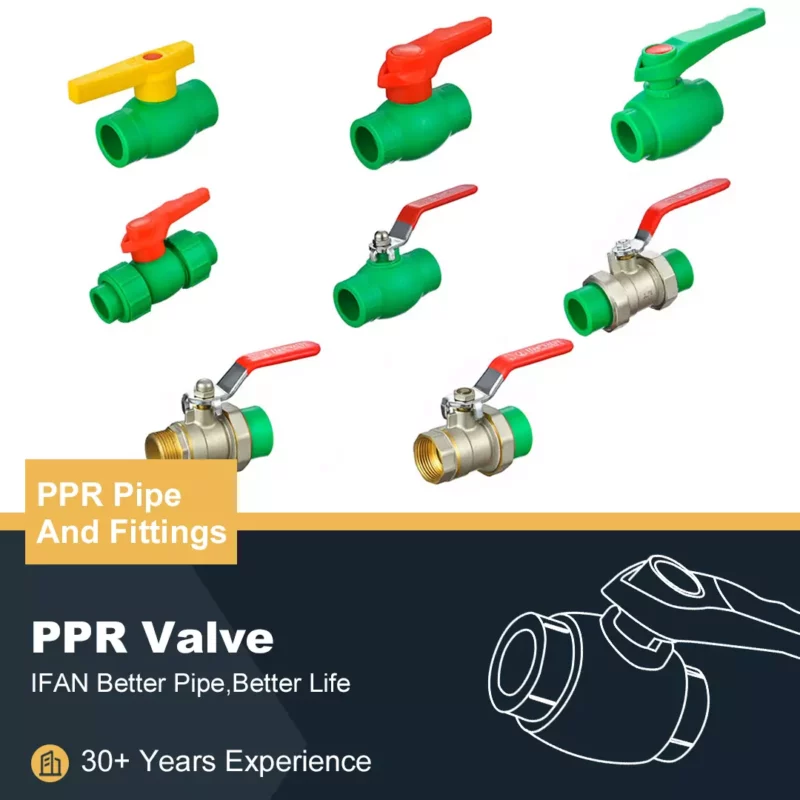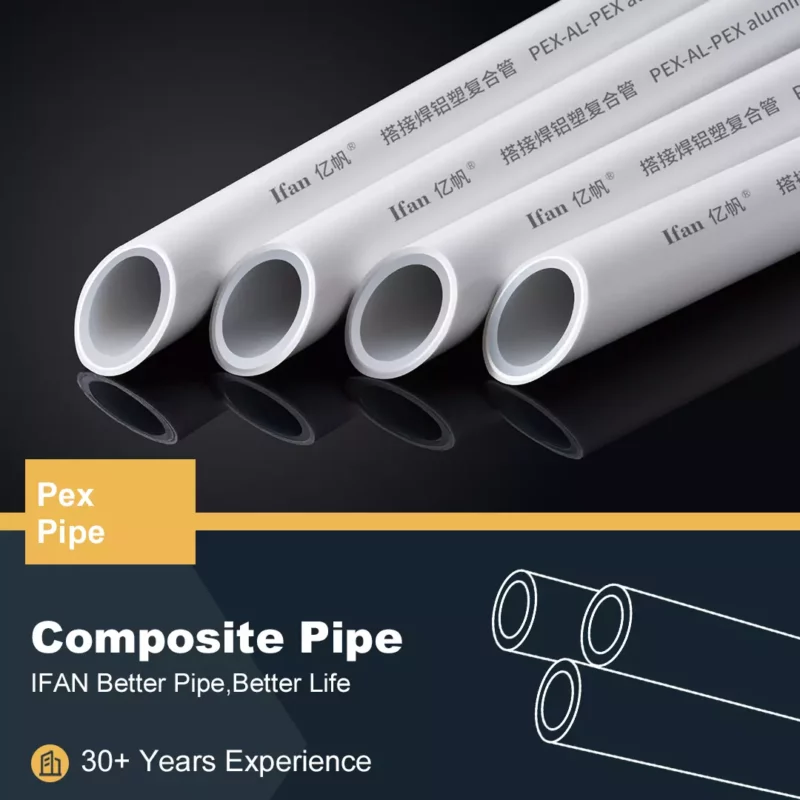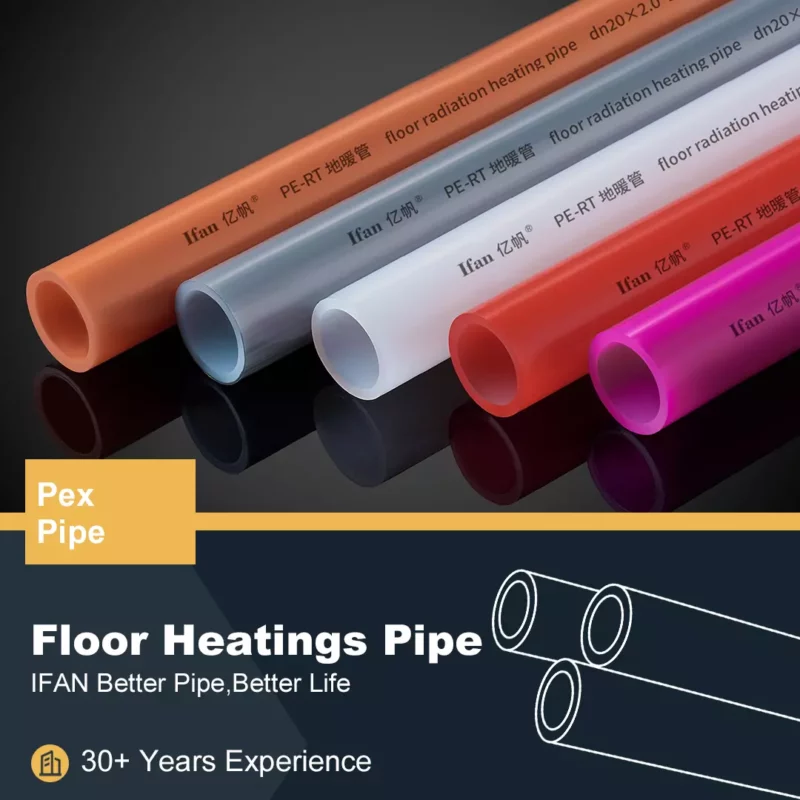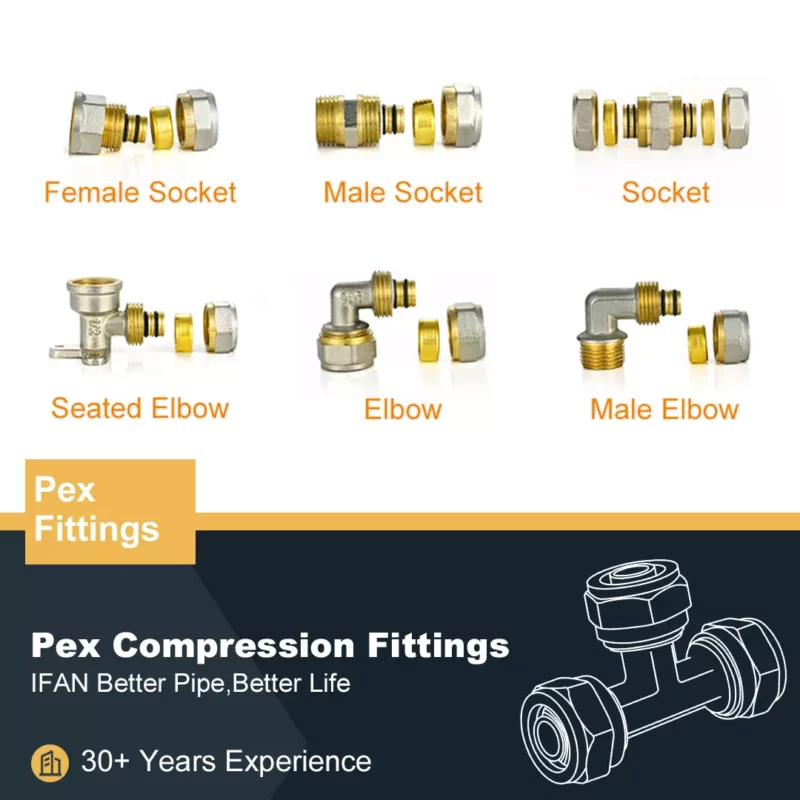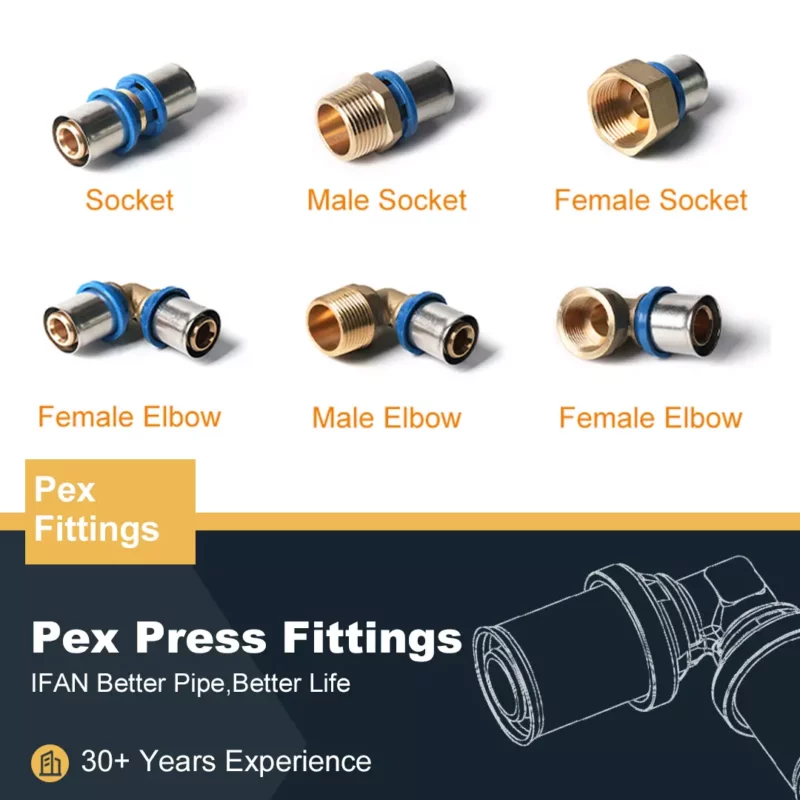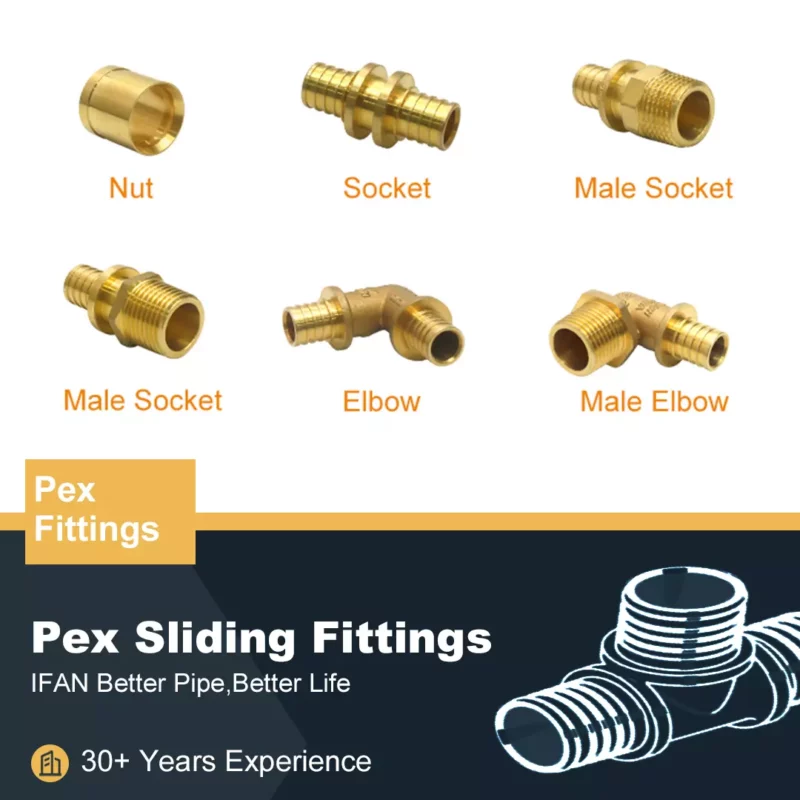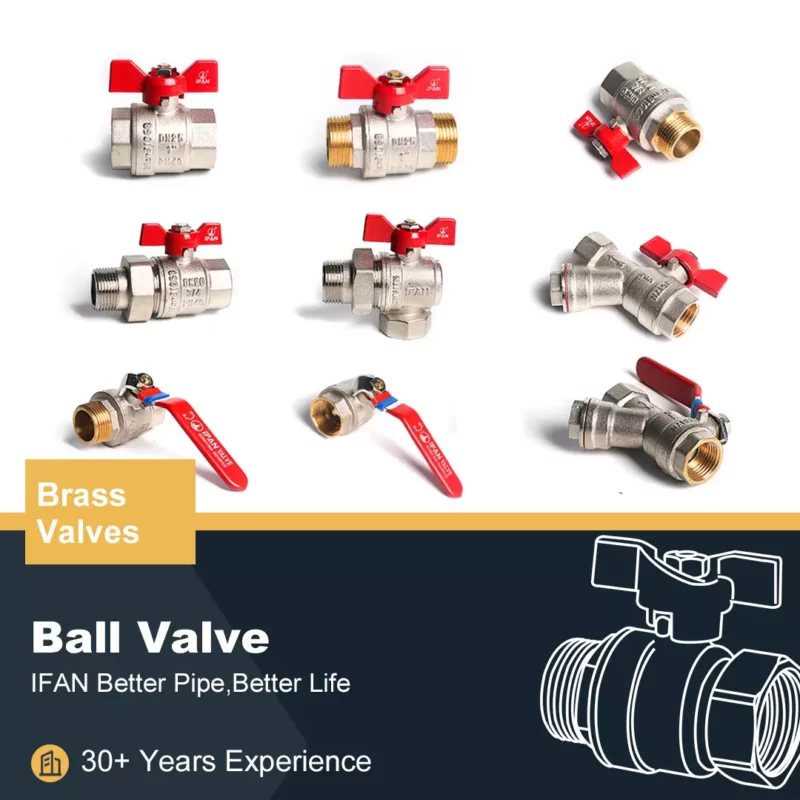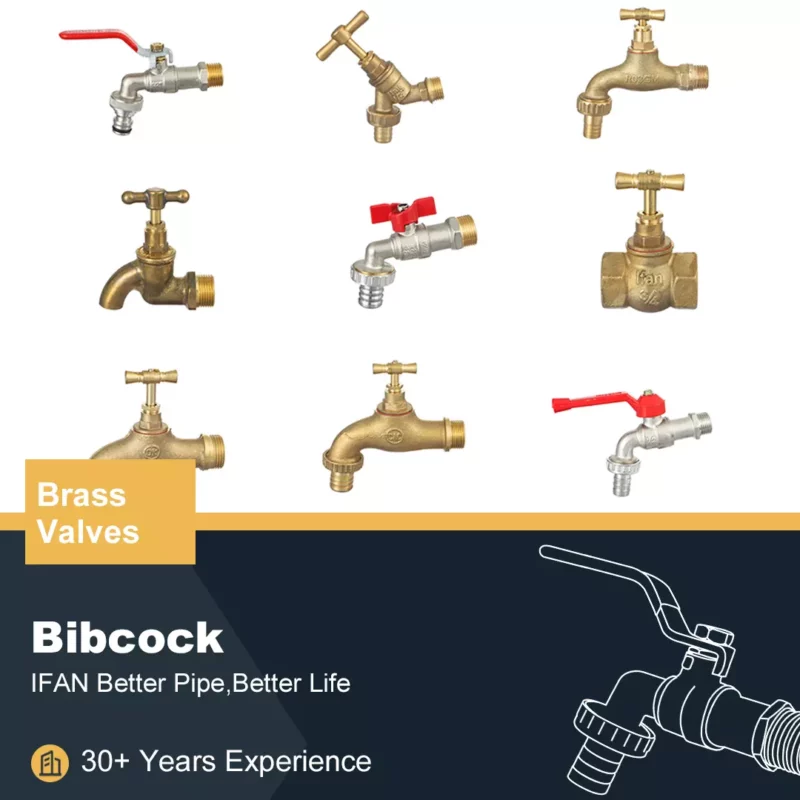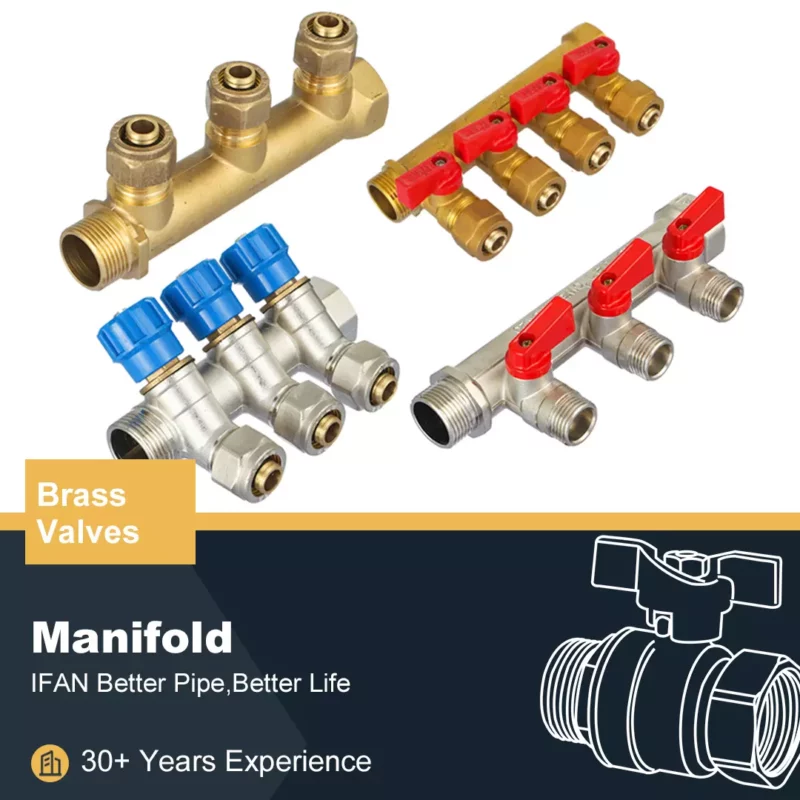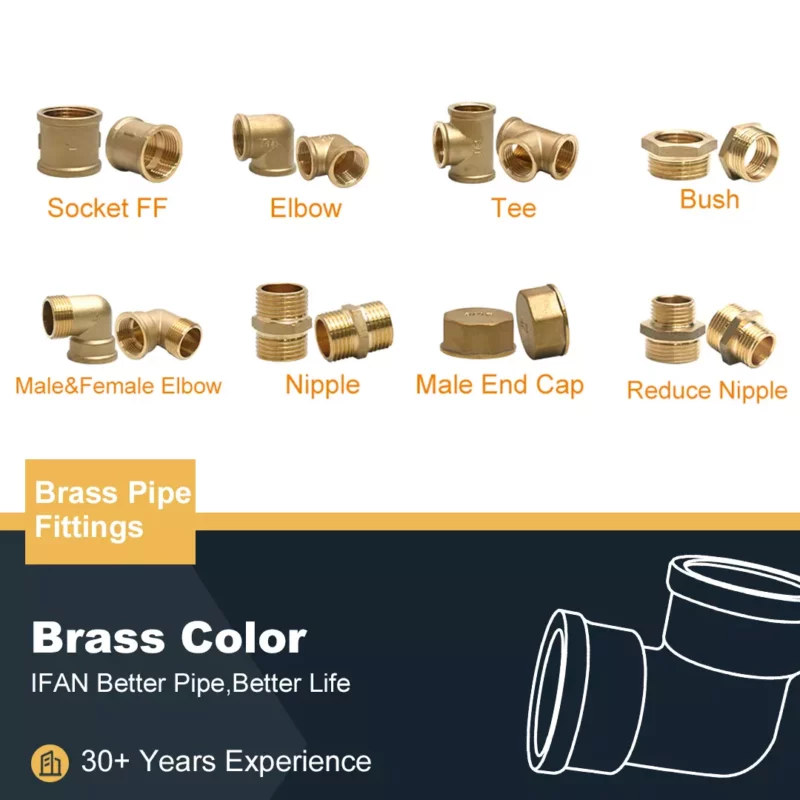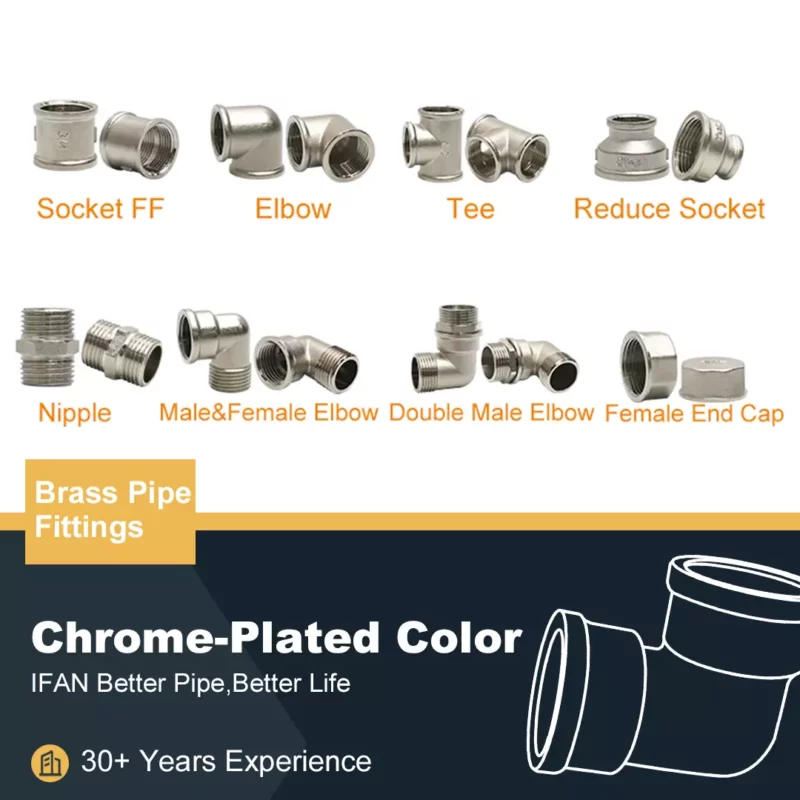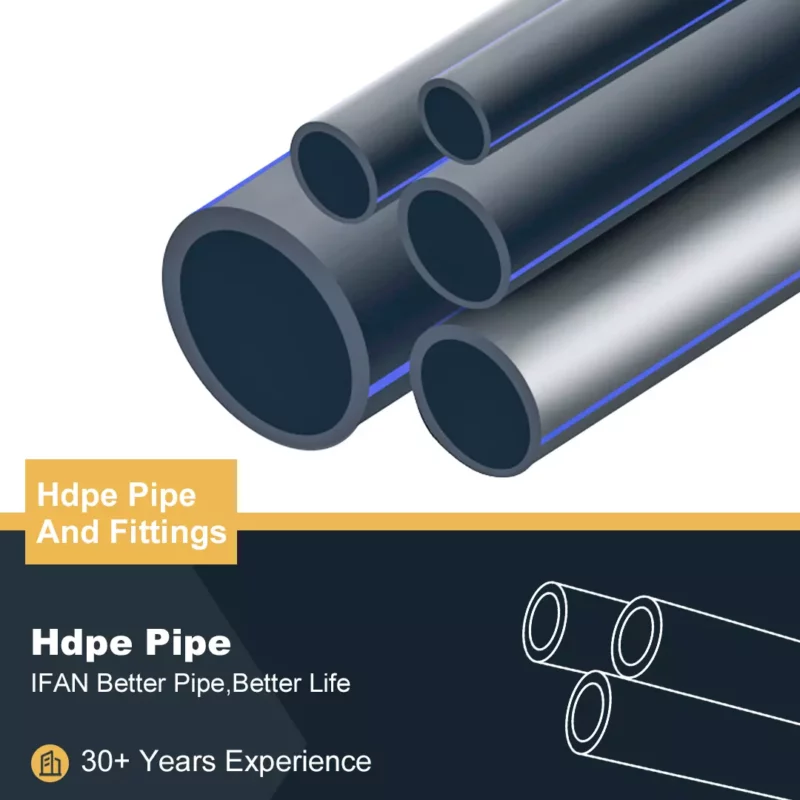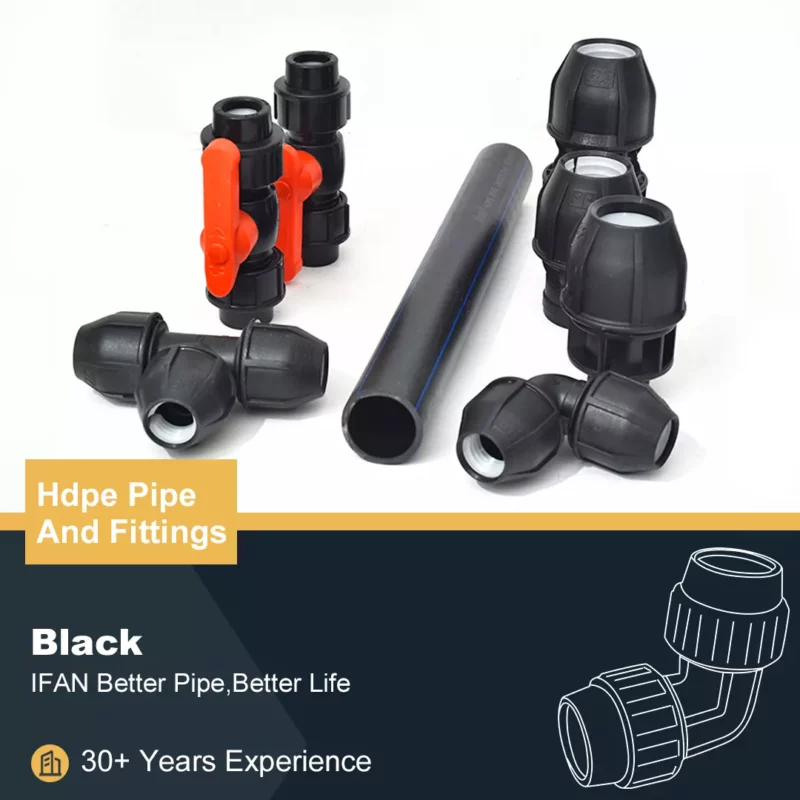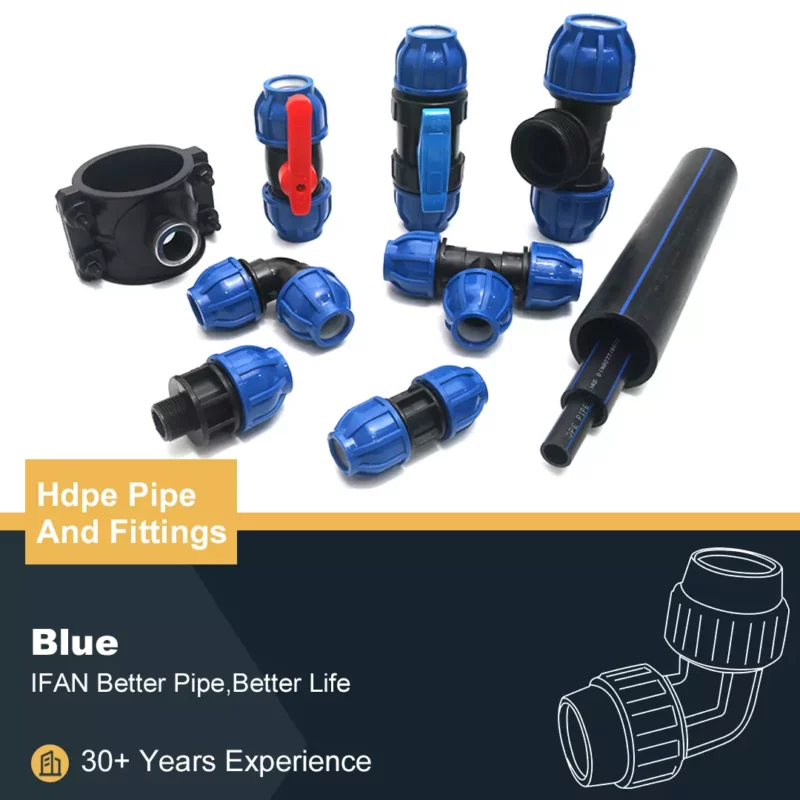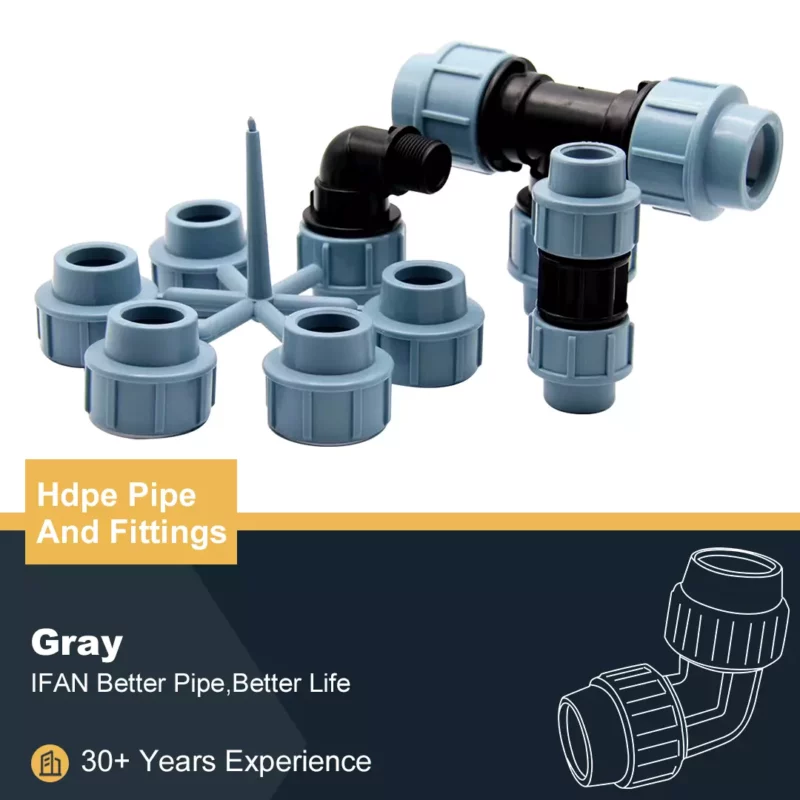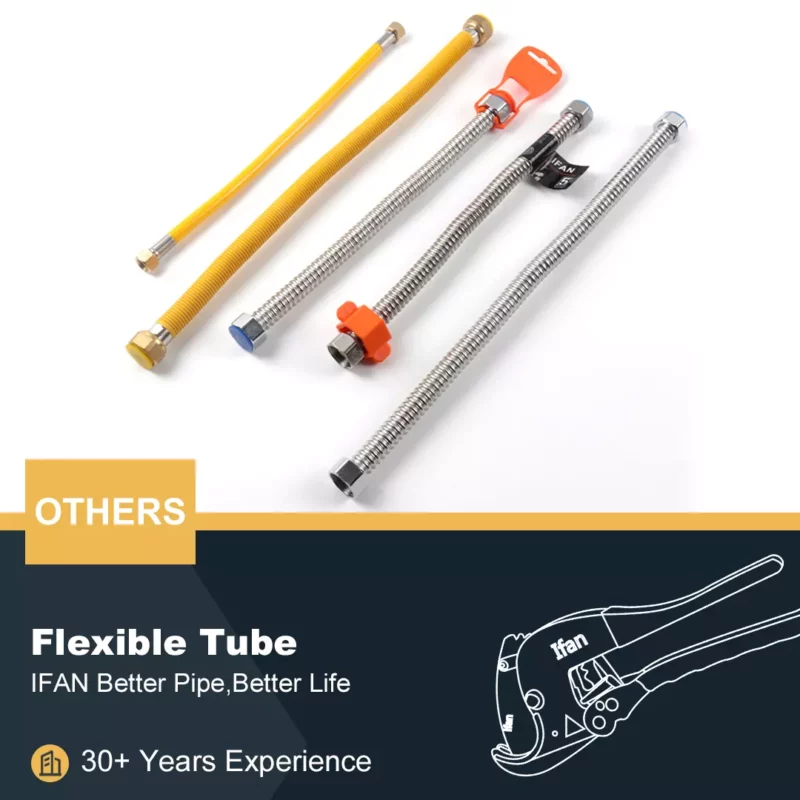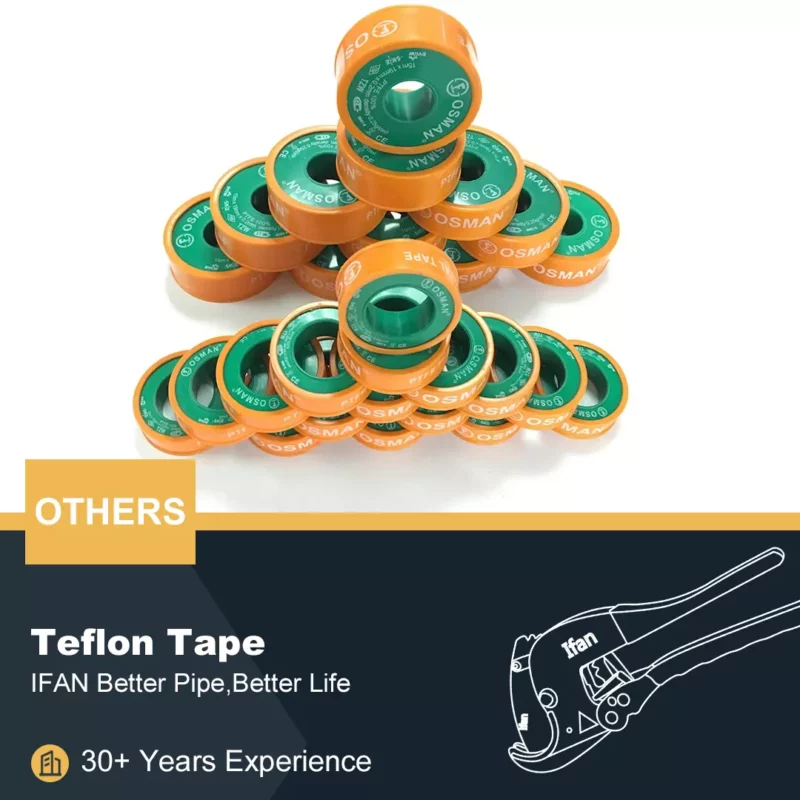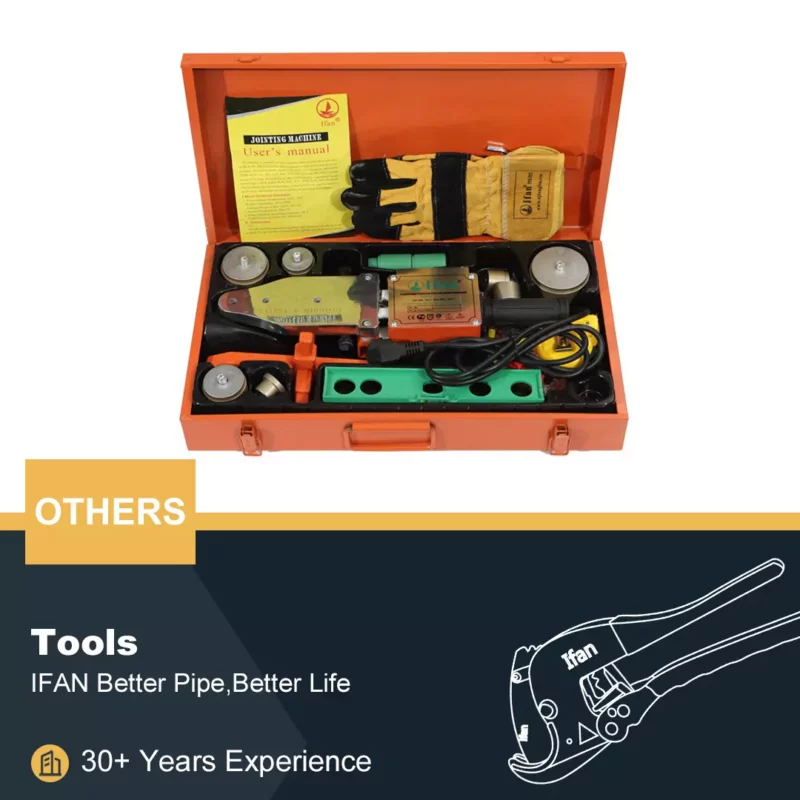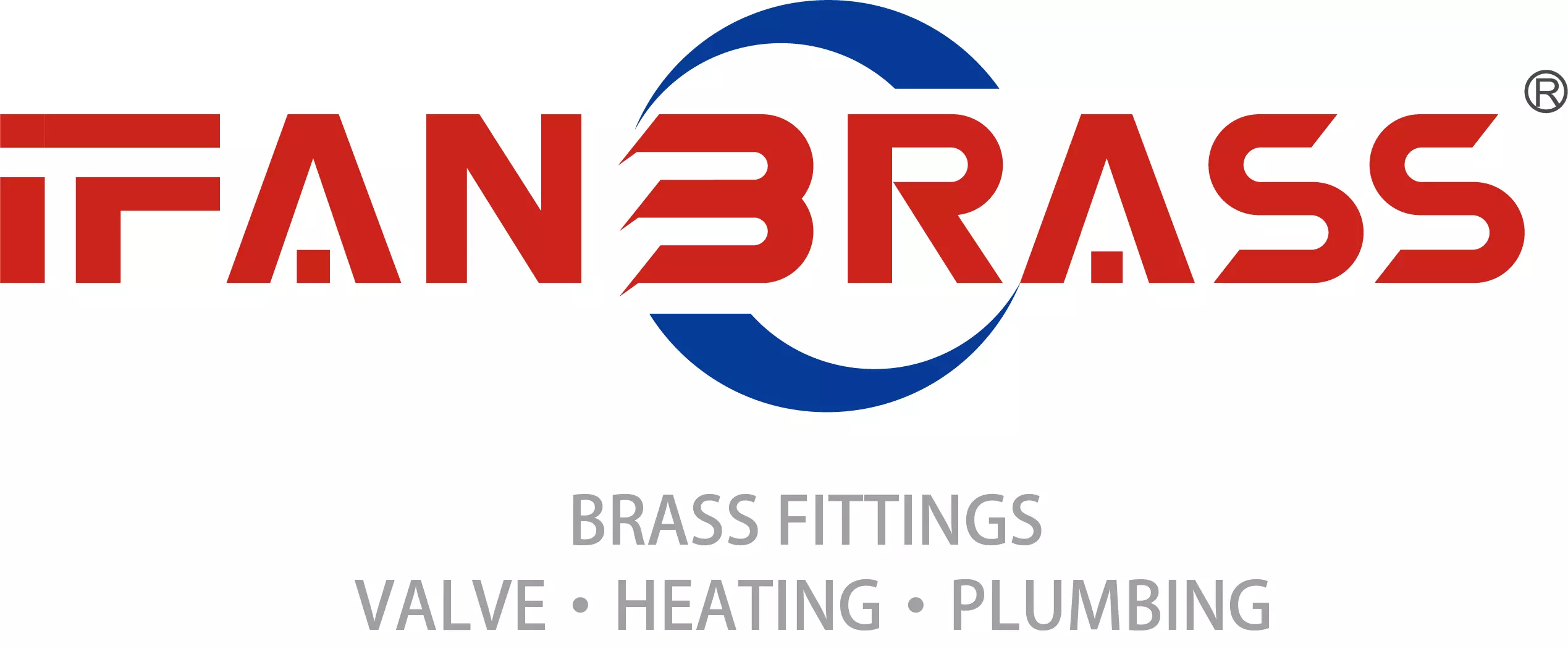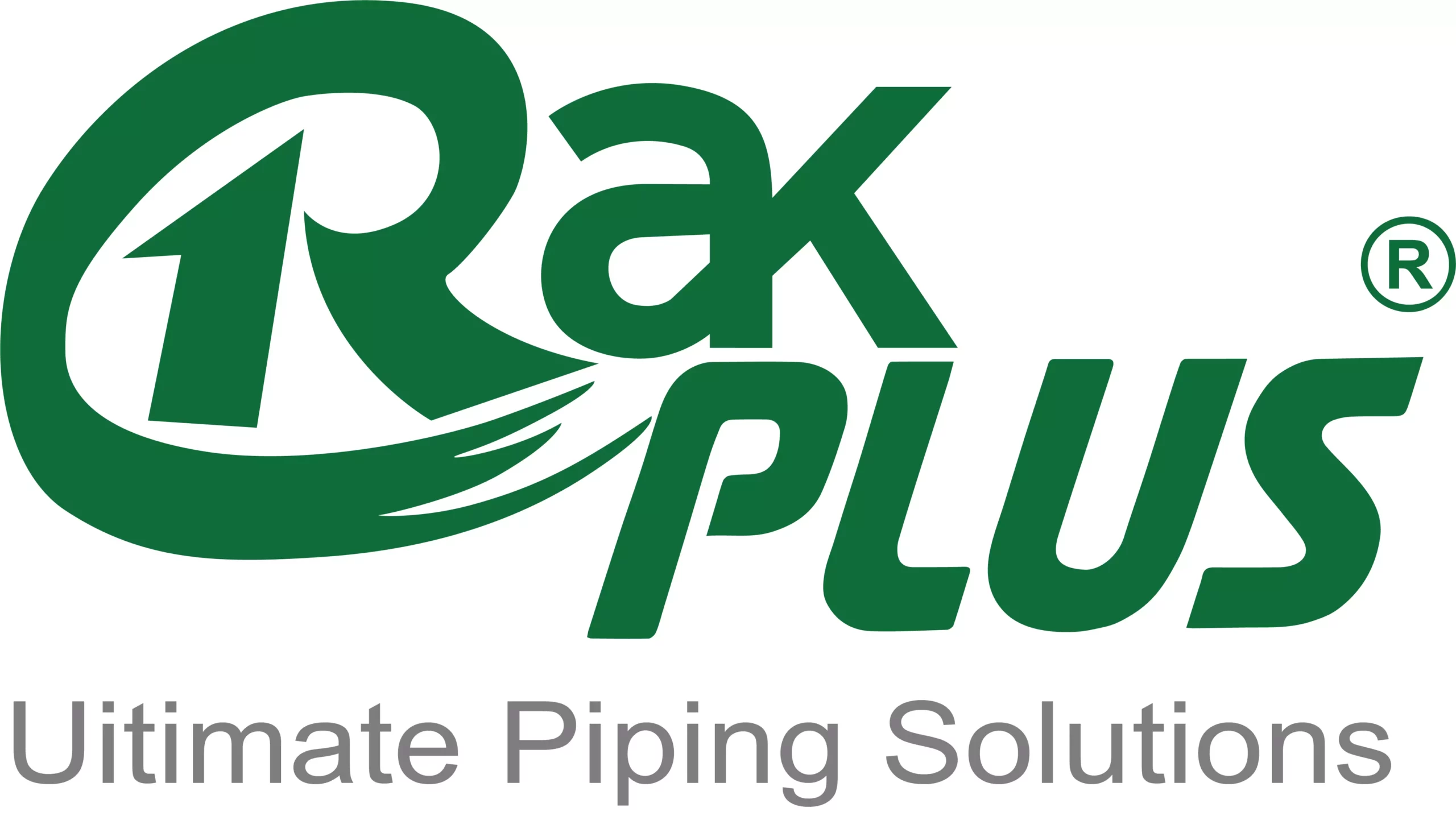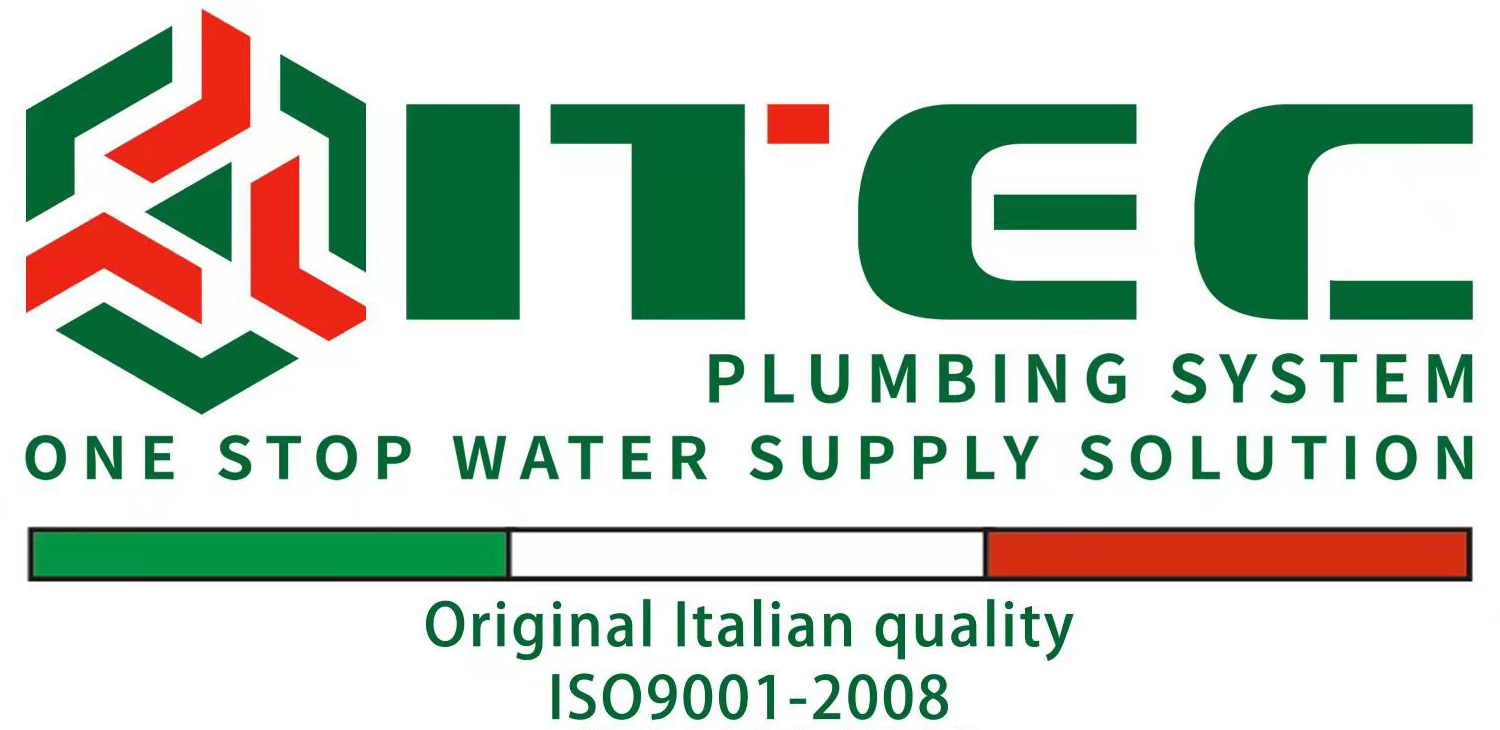Brass ball valves are renowned for their durability, making them a popular choice in various industries. Their robust construction ensures long-lasting performance under a wide range of conditions. This article explores the key aspects contributing to the durability of brass ball valves, including material properties, structural design, and operational factors.
Brass Composition
Brass is an alloy primarily composed of copper and zinc. The specific ratio of these metals can affect the valve’s durability. For instance, a higher copper content enhances corrosion resistance, while zinc increases strength and hardness. Typical brass used in ball valves includes around 60% copper and 40% zinc.
Corrosion Resistance
One of brass’s standout features is its resistance to corrosion. Brass ball valves can handle exposure to water, air, and various chemicals without significant degradation. For example, in a water treatment plant, brass valves resist corrosion from treated water, ensuring reliable operation over time.
Temperature Tolerance
Brass ball valves perform well in a wide temperature range. They can withstand temperatures from -20°C to 180°C (-4°F to 356°F). This temperature tolerance makes them suitable for both hot and cold water systems. For example, in HVAC systems, brass valves endure high temperatures and pressures without failing.
Ball and Seal Construction
The ball inside the valve is precision-machined to ensure a tight seal. Brass ball valves often feature a chrome-plated or stainless-steel ball, which enhances durability and corrosion resistance. The seal design, typically made from PTFE or other resilient materials, ensures a leak-proof operation. For instance, in an industrial setting, the ball’s tight seal prevents leakage of hazardous fluids.
Valve Body Design
The valve body is designed to withstand high pressures and mechanical stresses. Brass’s inherent strength allows the valve body to handle significant pressure without deforming. This design is critical in high-pressure applications like hydraulic systems, where brass ball valves ensure stable and reliable control.
Wear and Tear Resistance
Brass ball valves are resistant to wear and tear due to their robust construction. The ball and seat contact area is engineered to resist abrasion and erosion. In a manufacturing facility with abrasive materials, brass valves show minimal signs of wear, maintaining their functionality over long periods.
Operational Longevity
The operational mechanism of brass ball valves is designed for smooth and reliable performance. The lever or actuator used to operate the valve is built to endure repeated use. For example, in a commercial water distribution system, the valve’s operational parts withstand frequent cycling without failure.
Low Maintenance Needs
Brass ball valves require minimal maintenance compared to other valve types. Routine checks and occasional lubrication of the moving parts are usually sufficient to ensure long-term performance. For example, in a residential plumbing system, regular inspections help identify any potential issues before they escalate.
Ease of Repair
If a brass ball valve does require repair, it is generally straightforward. Replacement of worn parts, such as the seal or ball, can be done without specialized tools. For instance, in a factory setting, a technician can quickly replace a faulty valve component, minimizing downtime.
Pressure Ratings
Brass ball valves are available in various pressure ratings, typically ranging from 150 PSI to 600 PSI. The pressure rating indicates the maximum pressure the valve can handle safely. In high-pressure applications, such as oil and gas pipelines, choosing a valve with the appropriate pressure rating ensures safe and reliable operation.
Temperature Ratings
The temperature rating of brass ball valves dictates their suitability for different environments. They are designed to operate efficiently within a specified temperature range. For example, in a steam system, a brass valve rated for high temperatures ensures that it maintains integrity and performance even under extreme conditions.
Versus Plastic Valves
Compared to plastic valves, brass ball valves offer superior durability. Plastic valves may become brittle or degrade over time, especially under high temperatures or chemical exposure. Brass valves, on the other hand, provide a more robust solution with better resistance to physical damage and environmental factors.
Versus Stainless Steel Valves
While stainless steel valves offer higher corrosion resistance in aggressive environments, brass valves are often more cost-effective. Brass valves strike a balance between durability and cost, making them a preferred choice for many applications where extreme corrosion resistance is not required.
Recyclability
Brass is a recyclable material, which adds to its environmental appeal. At the end of their service life, brass ball valves can be recycled and repurposed, reducing waste and conserving resources. For instance, brass from old valves can be melted down and reused in new products, contributing to a circular economy.
Sustainability
The long lifespan of them contributes to sustainability by reducing the need for frequent replacements. Their durability means fewer resources are consumed over time, and less waste is generated. In industrial settings, using durable brass valves helps minimize environmental impact by lowering the frequency of maintenance and replacements.
Conclusion
The durability of brass ball valves is a result of their robust material properties, structural design, and functional performance. Brass’s inherent strength and corrosion resistance, combined with the precision engineering of the valve components, ensure long-lasting reliability. Compared to other materials, brass offers a balanced combination of performance, cost-effectiveness, and sustainability. Proper maintenance and understanding of the valve’s pressure and temperature ratings further enhance its longevity. Overall, brass ball valves are a durable and reliable choice for a wide range of applications, from residential plumbing to industrial processes.
If you have read this article and have any questions, please feel free to contact IFAN. Below is our contact information:
Whatsapp:+86 13373827623
Email:[email protected]

